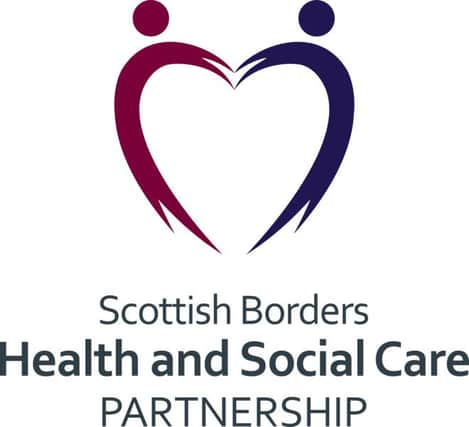Partnership finances are on a tight rein


NHS Borders has delegated £92.6 million during the 2016/17 financial year (£87.3 million from primary and community services and £5.2 million from the social care fund) and Scottish Borders Council’s contribution is £46.5 million. Another £18 million comes from NHS Borders large hospital budget.
By 2018/19 it is expected that the budget will have risen to £158 million.
Advertisement
Hide AdAdvertisement
Hide AdThe Scottish Borders Health and Social Care partnership may only be a few days old - it started on April 1 - but already the integration joint board is being alerted to the need to cut costs and £793,000 of “efficiency/service change savings still require identification”.
The board is also aware of the fact that unknown financial pressures may come to bear during the year that have no budget. However, both the council and the health board have identified the areas of financial pressure over the last three years and had already started to plug the funding gaps in key areas such as GP prescribing, care at home, residential care, night support and community based services.
The expectation is that by the time the partnership has been in place for a year they will have a better idea of actual budget needs and the board has already accepted that there will probably have to be some adjustment made to the £157.27 million indicative budget for 2017-18.
For those providing the services under the new partnership year supporting people at home is their main priority during the first year.
Advertisement
Hide AdAdvertisement
Hide Ad“For year one we will be focusing on supporting people at home and the wellbeing of our staff,” explained SBHSP chief officer Manion. “Integration will make a real difference for real people. It is about keeping more people at home as opposed to requiring hospital and institutional care.”
For the chief finance officer, Paul McMenamin, the focus in year one will be the transition to the partnership model.
“It is important that 2016/17, year one of the integrated Joint Board, is treated as a transitional year, in order to allow further clarity of understanding over budget, activity levels, services pressures, savings programmes etc,” Mr McMenamin told a meeting of the joint board last week.
“During this year, partners require to fully own and deliver the planned efficiencies and other savings within the financial plan supporting services which have been delegated and where there is any dispute or concern over deliverability of any savings proposed then there need to be a clear process for remediation and agreement.”